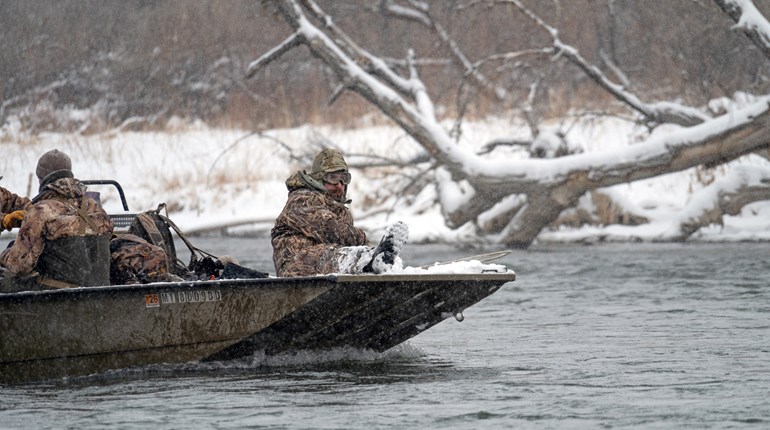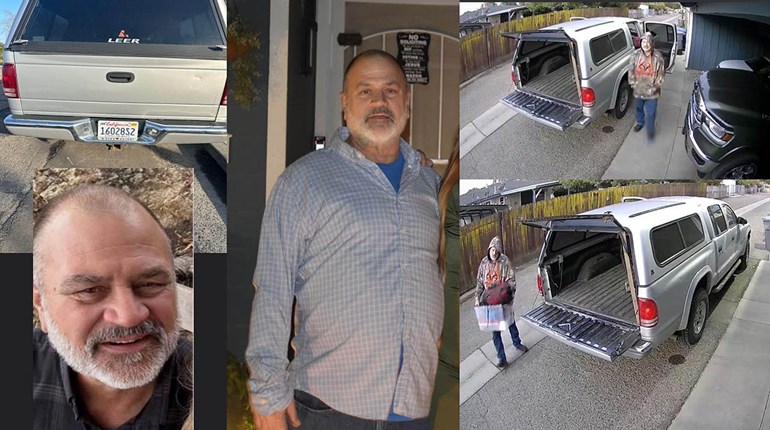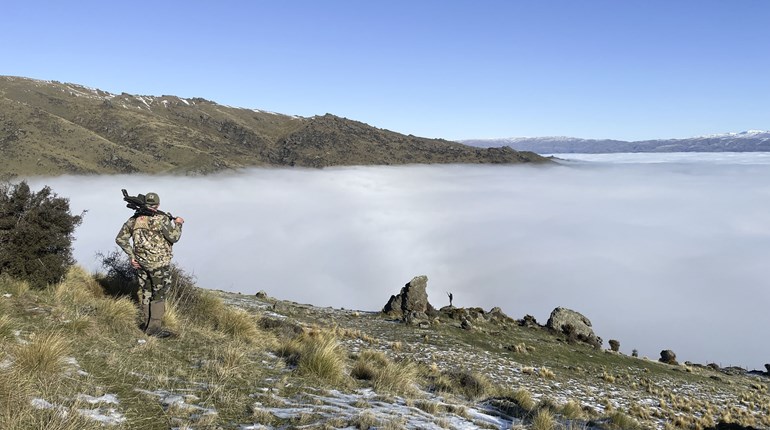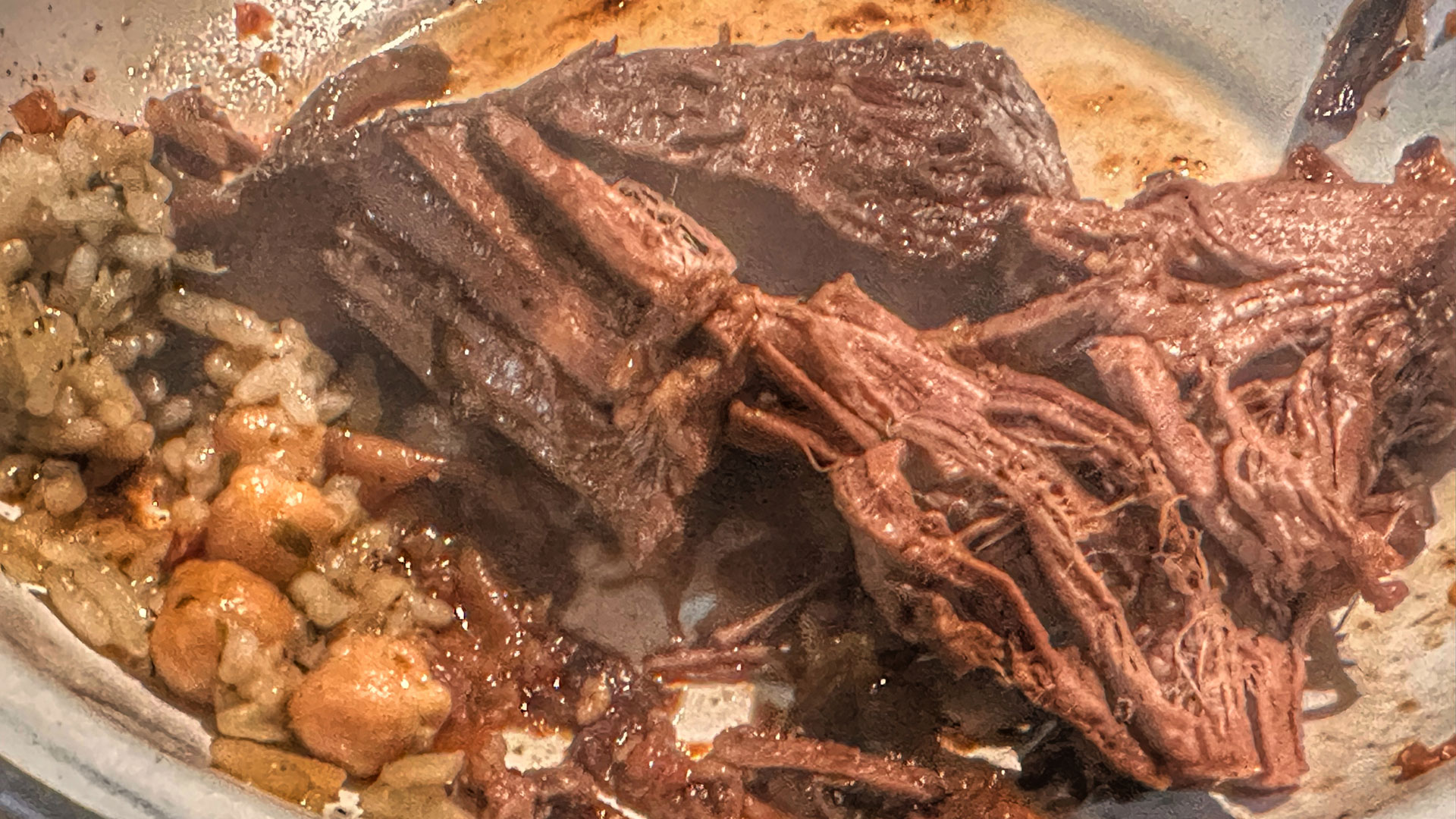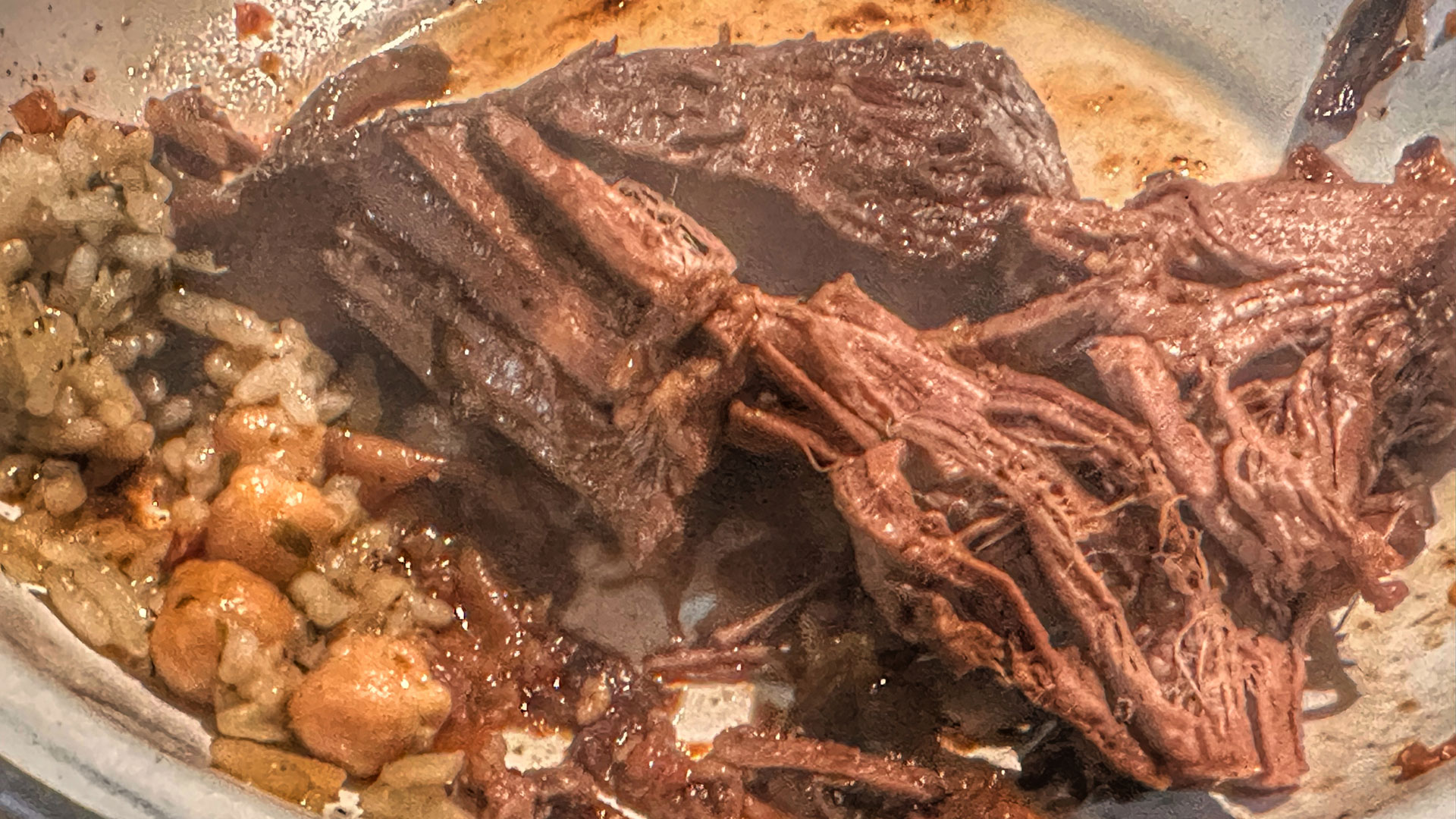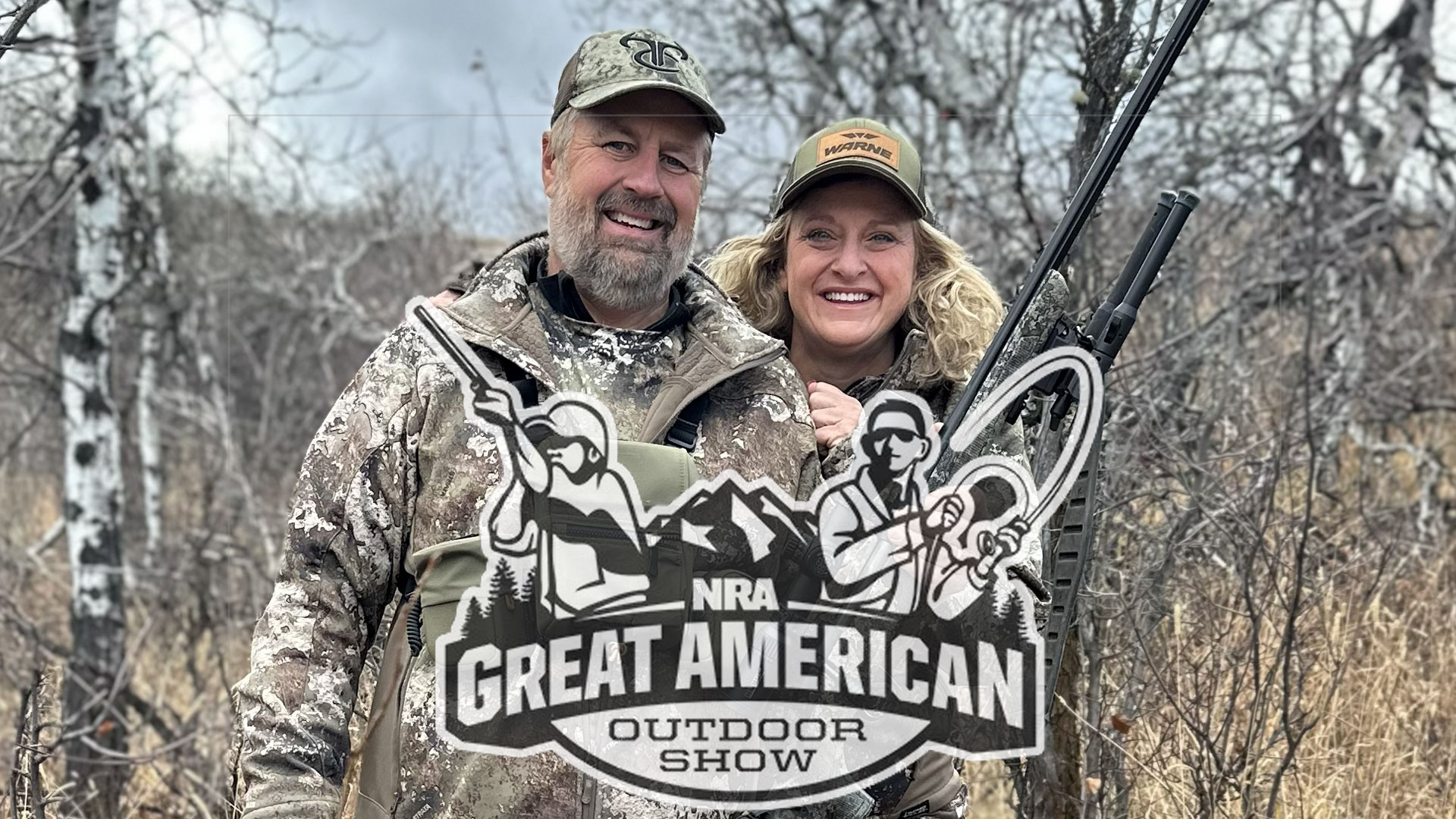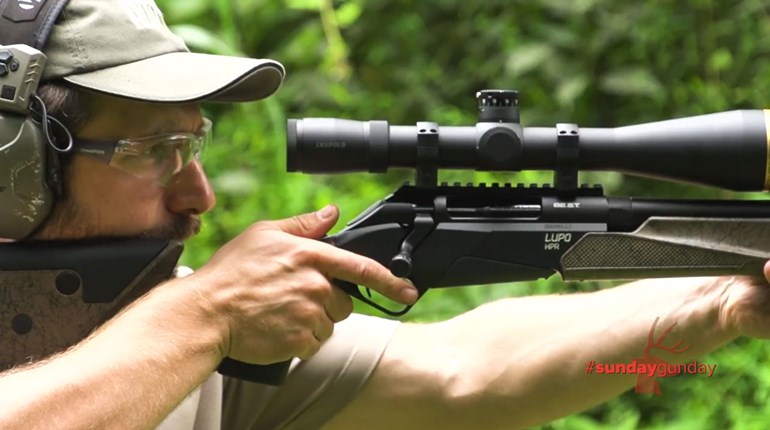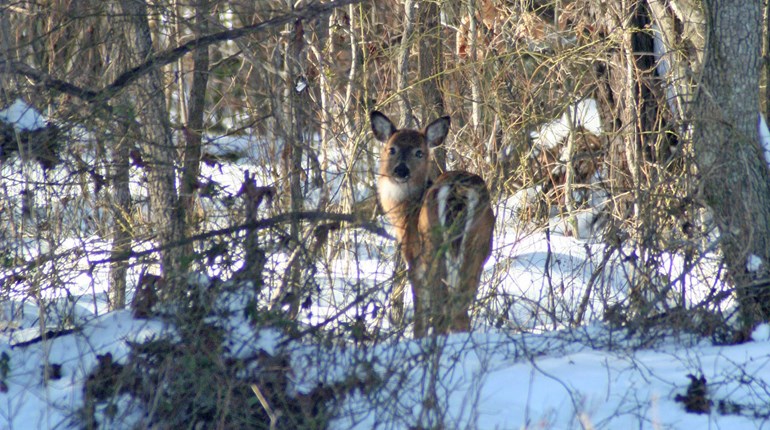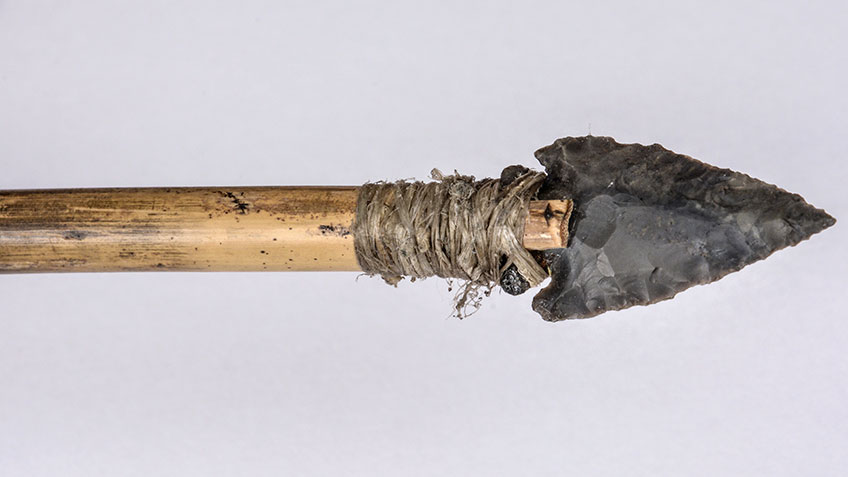
The concept of fringe benefits really took off during World War II after FDR issued Executive Order No. 9250, which froze wages and prices. It served to illustrate the foolishness of attempted central economic control when companies simply did an end run and increased benefit packages to attract and retain skilled workers.
Today (unless you are a self-employed, freelance writer) fringe benefits are all but expected. In fact, after Obamacare at least one was mandated, giving truth to the quote, “liberals don’t care what you do—as long as it’s mandatory.”
Fringe benefits for hunters, though, are something much different. We all have them. They are the things that happen on a hunting trip that become more memorable than the hunt itself. Or perhaps it’s the physical trophies that become more cherished than any animal you may have taken. The fringe benefits are not really part of the hunt, but are an added bonus you didn’t expect.
Hunters travel off the tourist path and often are witness to the true essence of the places they visit. I am lucky to have hunted around the world; many of my fringe benefits are from distant places, but more than a few were gathered right here at home.
I was turkey hunting on property owned by an elderly friend of a family member. I barely knew the man, and I appreciated that he let us use his land. After an unsuccessful morning my son and I went by his house to pay our respects and to say thank you. We talked a while and he suddenly disappeared into a back room. He returned with a Japanese Nambu pistol. “I have been waiting to give this to somebody who will appreciate what it represents,” he said. “It came back from the war with a story. If you promise never to sell it and to pass it on to somebody else who will appreciate it when it’s time, I will give it to you.”

The story was personal and I promised to keep it to myself, but I often hold this gun and remember those who sacrificed greatly so we can live today as Americans. Had they not persevered, I would not be writing this story and we would not be recreational hunters. It is something that I think about often. The fringe benefit is not so much the pistol, but what it makes me think about every time I look at the gun.
On another local deer hunt one of the guys at the camp gave my teenaged son an old beat-up, rusty revolver. The guy said he found it at the bottom of a well he was working on. I suspect that one, too, has a story. In fact, many years ago in the town where he found it, there was a murder and the weapon was never found. The revolver is far too beat up to identify and in fact the cops took a pass, but it’s fun to speculate. In that light, it’s a great trophy from a less than memorable hunt.
■ ■ ■
While searching the streets of Buenos Aires for a rumored McDonald’s restaurant with a world-class art collection, we chanced onto a couple of street performers. The rest of my group went on, but I lingered to watch an amazing performance of the tango. Buenos Aires is the birthplace of this famous dance, and watching these artists perform in the street will remain one of my cherished memories. We traveled on to the red stag hunt the next day and it was a great experience, but those few moments of cultural magic are what I remember best about the trip.
Often the fringe benefit is a small sidebar to the hunting trip.
A quick side trip to the Yellowstone hot springs on the way out of the mountains provided something to remember of what was otherwise a dismal elk hunt.
After tagging out on a Montana turkey hunt a bunch of us drove to the Little Bighorn Battlefield. That left me with two prevailing thoughts. One was a bit of awe about the history of it all. To stand where it all happened leaves you with a great sense of history. The other thought? That was a pretty stupid place to pick a fight.
During my first time hunting Europe we took a side trip to visit Hitler’s reviewing stand in Nuremberg. Standing on the reviewing platform that I had seen in so many photos and newsreels left me with a scrambled mess of emotions and thoughts. From there we were to go on to a boar hunt in another part of Germany, and that few minutes on the marble helped me recognize the human ability to overcome evil.
My kids and I were hunting antelope in eastern Montana a few weeks after the 9-11 attacks. We finished early and used the opportunity to visit Mount Rushmore. It provided a backdrop for a discussion on what was going on in the world. I explained to them how as Americans we must always cherish our freedom and that we will not be bullied into giving it up. We could have canceled the trip, but that’s not what any of those men on the mountain would have done. That day drove home the brilliant insight of a famous quote: “Eternal vigilance is the price of liberty.” It’s a lesson I believe has stuck with all of us.
■ ■ ■
Sometimes it’s physical. We had some visitors who came to our Mississippi deer camp for dinner one night, a fine Southern family who has chosen a more personal path to raise their children. These kids were not only getting a classical education in the “three R’s” through home schooling, but learning hands-on about history and heritage. The two teenage sons have a small business making period-correct products, mostly blacksmith and forge works, but they are learning many other lost skills as well. After dinner they presented me with a primitive arrow they built using the old ways, including a flint-napped broadhead and deer sinew wrappings. It’s one of my most cherished hunting trophies, mostly because it reminds me that not all of the next generation is lost. (For info on their products contact: [email protected].)
On a North Carolina bear hunt I bought from one of the guides an old flintlock Jezail rifle from 19th century Afghanistan. Often mistakenly called a camel gun, these handmade muskets have a very distinctive stock design and were often quite decorative. They played a huge part in the history of Afghanistan and were a significant factor in the defeat of the British in the Anglo-Afghan war. It’s beat up and pretty rough, but it’s still a hell of a trophy in my mind.
When Kipling wrote those famous lines, “Oh, East is East, and West is West, and never the twain shall meet,” this Jezail was likely loaded, primed and ready to draw British blood. I often wonder what stories it could tell.
My best trophy from Tanzania is not either of the buffalo I shot there, but the spears I bought from the Masai. These are not tourist crap but the real thing, one with bloodstains on the wood handle. They have a place of honor in my office while the game heads from that safari are in my garage unmounted.

During a long-ago safari I bought an ax from one of my trackers in Zimbabwe. It’s made from the root of a mopane tree and a broken leaf spring from a truck. Such axes are handmade by forging and shaping the truck spring in a campfire then heating it to burn a hole through the root ball. They are not novelties, but are used in Zimbabwe to butcher buffalo, cut firewood and for any other ax-worthy chore.
While it hangs on my wall as a great fringe benefit from that safari, it also serves as a reminder.
We went to a native hut at first light to pick up a “man” who knew where a big buffalo bull was hanging out. The “man” turned out to be a diminutive teen about the size of an underfed munchkin. This tiny fellow carried an ax just like mine. I asked him why and he replied, “For the lions.” At first I just chuckled at the foolishness of such optimism, but after hunting with him and seeing this guy’s determination and innate toughness, I decided to bet against the lion.
The fringe benefit here is one of simple inspiration. When things get tough and I am feeling down and ready to quit, I look at that ax. If that little guy can fight a lion with a homemade ax, I can man up and get through my own hard times as well.
■ ■ ■
Maybe the fringe benefit is less tangible, like the last night of my first Africa safari when the camp staff approached the fire and asked if they could sing me a song as a goodbye. The men danced around the fire and sang with deep, wonderful voices. I didn’t understand the language, but the meaning was clear. The PH said he had never seen that before and that I should consider it an honor, which I did.
One of those trackers continued to write to me in the years following, and when I returned to Zimbabwe to hunt with the same PH five years later that tracker took me to his village to meet his family. I am told his people are private about their personal lives; this was an indication that he considered me more than a client. We were from vastly different cultures, but became friends. That’s one of the best fringe benefits you can find on any hunting trip. Here’s another: He made bracelets from my elephant’s tail hair, a reminder of a fantastic safari in a dying country and an unlikely friendship.
When I shot my leopard, the trackers and scouts all sang in deep, wonderful voices about the hunt as we drove back to camp. Again, I didn’t understand the words, but the music touched my heart. I understand this is a tradition in many safari camps, but I don’t care. That night is mine alone.

On a turkey hunt in the Yucatan I explored a large underground cave that was the den of a jaguar. Although there was plenty of sign left behind, the cat was not home. There were, however, deep tracks in the sand from a huge snake, perhaps even an anaconda. It made me wonder where the jaguar was, which was more memorable than shooting the turkey.
On that same trip I was swarmed by African bees. I froze and held perfectly still as they drank the sweat from my skin. I kept remembering the lecture the night before on how swatting even one releases a hormone that causes them all to attack, which is often fatal. To be honest, this was one fringe benefit I could have done without.
We ended that hunt with a visit to a huge sinkhole with a bat cave beneath it. At dusk something on the order of 7 million bats came out of the small opening at the bottom of the 100-foot-deep, cylinder-shaped sinkhole, spiraling up into the air like a giant, black tornado. It was one of the most incredible things I have witnessed.
■ ■ ■
I once watched a rare Florida cougar for several minutes. I don’t remember what I shot on that hog hunt, but I will always remember that cat. I asked a Florida-raised friend about them recently; he said he has hunted Florida for 70 years and has never seen a cougar.
Often the people we meet and the stories they tell are the trophies of the hunt.
The owner of the lodge where we were hunting Gould’s turkeys in Sonora, Mexico, had a jaguar call on a shelf behind the bar. I asked about it, which led to an interesting evening of learning about hunting and calling jaguars in Mexico. While shooting jaguars has been banned for decades, as a hunter I find it fascinating to learn about any new technique or tradition.
I might note that guy had some outstanding tequila too.

In Australia the fringe benefit was visiting a midden, which was a mound formed from shells discarded by the aboriginal people as they fed on mussels over the centuries. I found a stone ax head, and while I had to leave it there, for just a moment I held something in my hand that was made by another human, another hunter, thousands of years ago.
You never know where you will find the fringe benefit of any hunt. It might be found while talking to the crusty old guy hiding away in the corner of a hunting camp, the one with all the true adventures in his past. The most memorable part of my musk ox hunt was the old Eskimo guide named Charlie Bolt. We were forced to stay in the tent for a couple of days during a whiteout, and he told me stories of life in the Arctic.
One that sticks with me most is when he became lost above the Arctic Circle for 10 days in January.
He told me how he burrowed into the snow “like a fox” each night to attempt sleep. On the last night, the cave was cold; he was hungry and tired and thought that he wanted to die. He said the cave suddenly warmed with a red glow and God invited him to come with him and not be cold anymore. He thought of his wife and decided he wanted to live and instantly the cave was cold and dark again. The next day his brother-in-law rescued him. That story alone is a fringe benefit that endures. I have lost track of Charlie. Given his advanced age I am not sure he is still alive, but if he is, I know he is a believer.
■ ■ ■
The fringe benefit might be as simple as a rock you pick up. Years ago I started picking up an unusual rock from the places I have been. To many they are just rocks, to me they are memories.
Fringe benefits are personal and are different for each of us; the common bond is that as hunters we have all likely found some we hold dear. Often they have nothing to do with what we were hunting, but are something else, something we never expected, yet we remember and cherish for years.












